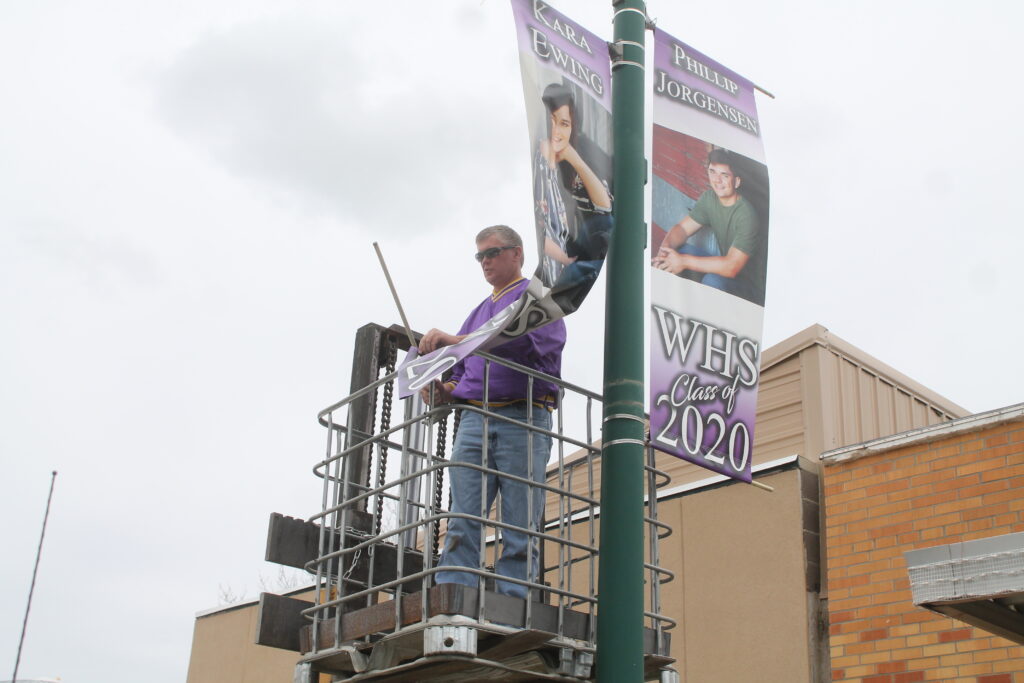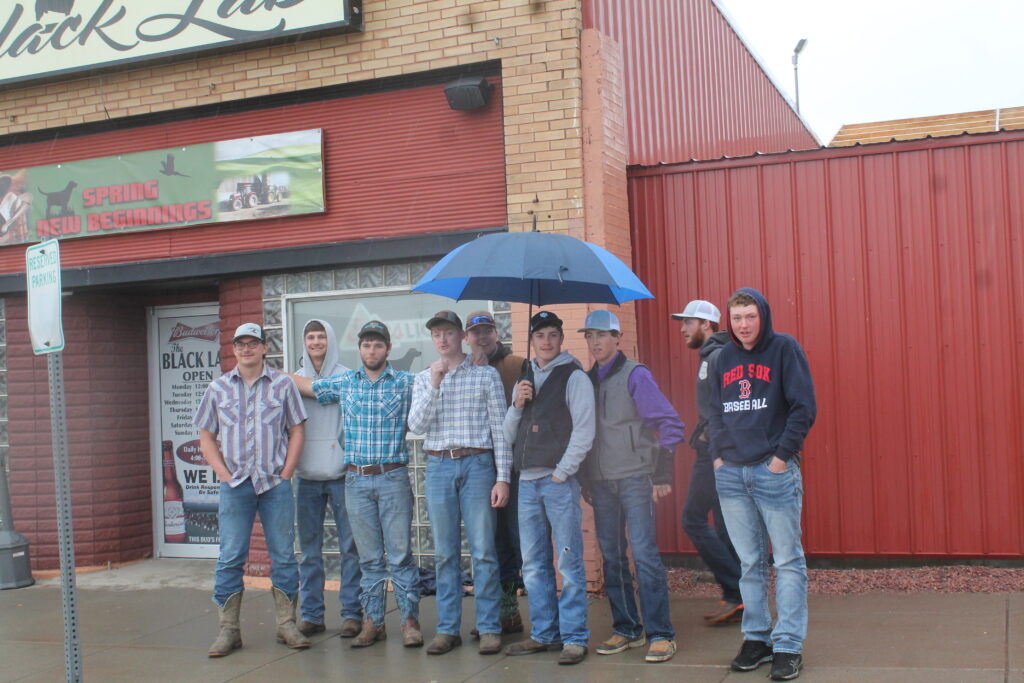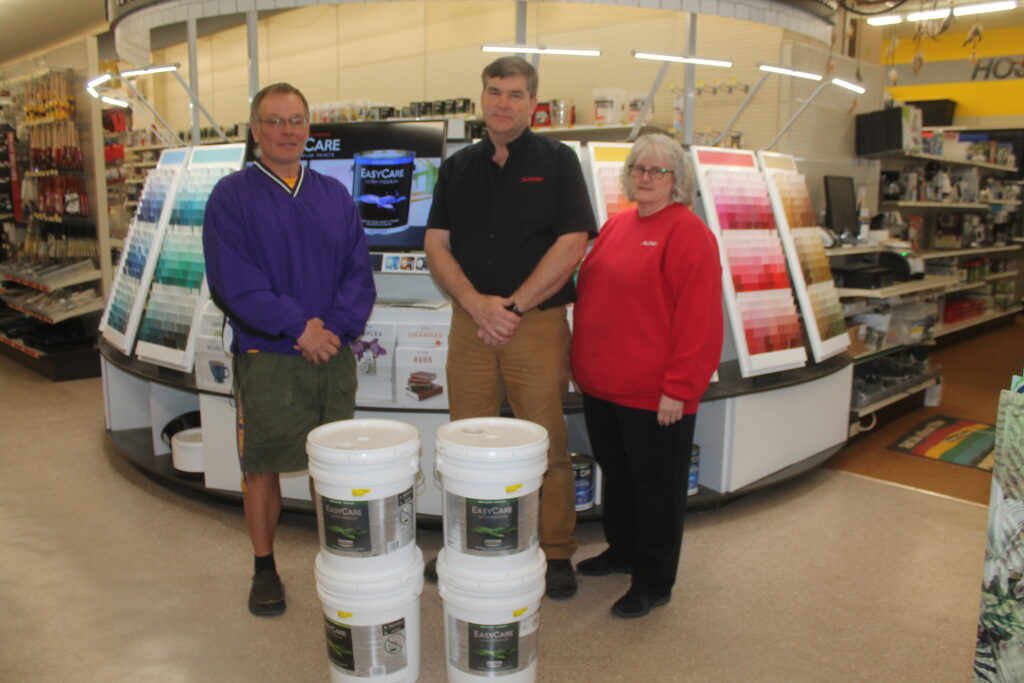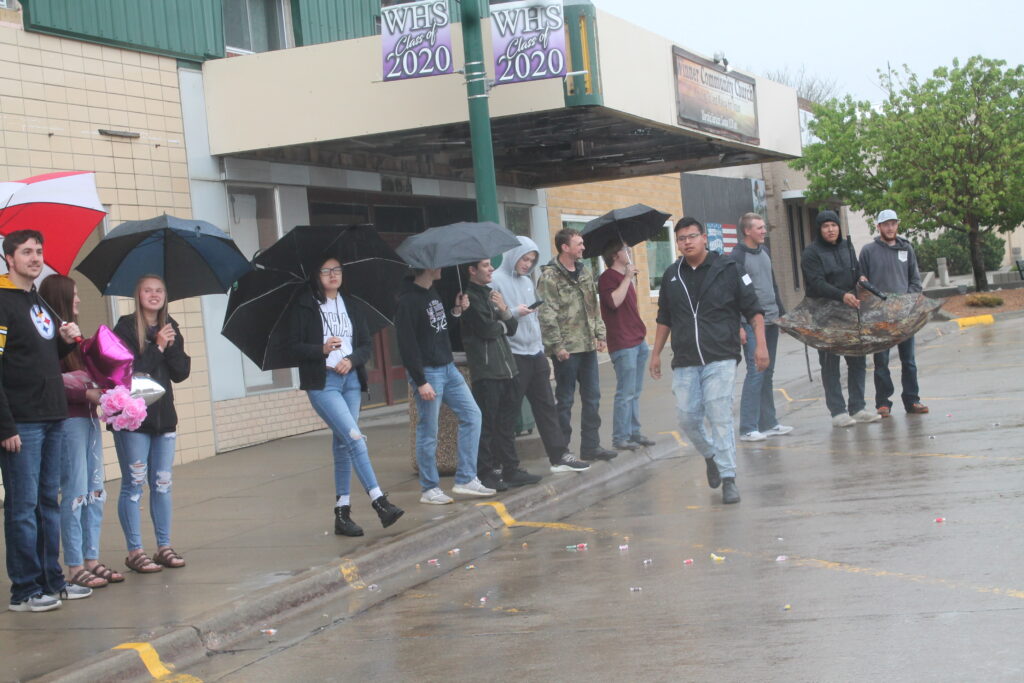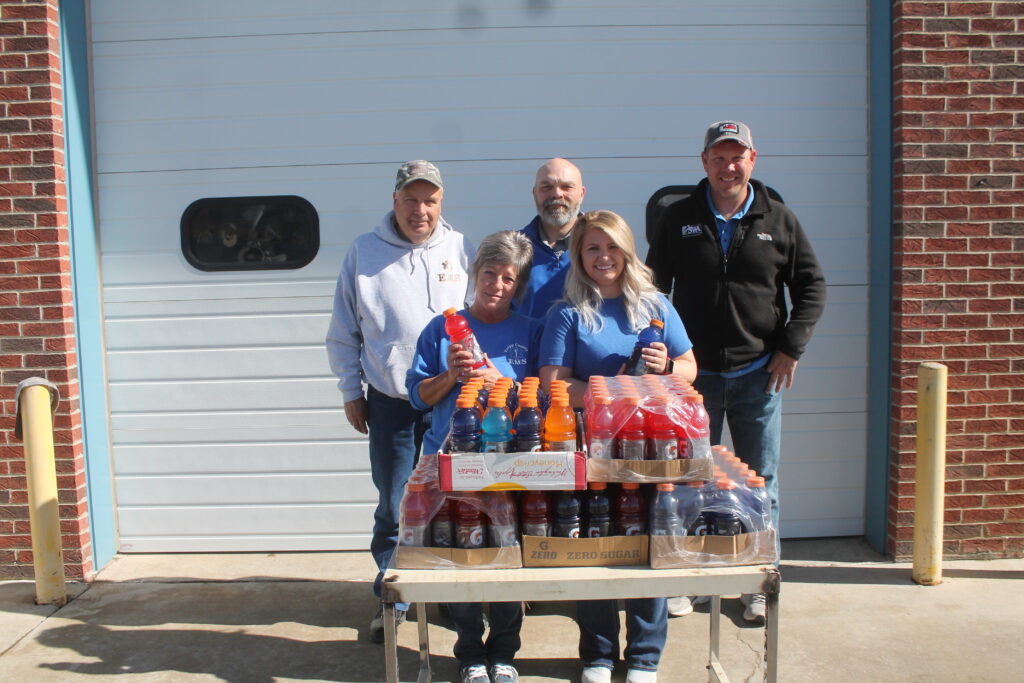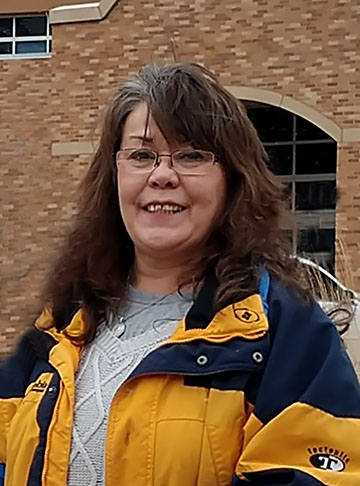
Crystal “Cris” Blare, age 62, passed away on Saturday May 16, 2020 at the Avera Queen of Peace Hospital in Mitchell, SD.
Funeral service was held on Thursday, May 21, 2020 at 11 a.m. at the First Christian Church in Winner, SD. Burial followed in the Winner City Cemetery.
Luncheon was served at the Witten Community Hall immediately following burial.
Crystal Lynn Maier was born on Feb. 10, 1958 to Eugene and Velma Maier in Winner, SD. She attended grade school at Pahapesto School in northern Tripp County, across the road from her family ranch.
She spent her freshman year at Wood High School alongside her brother Terry who was a senior at the time. She would attend the rest of high school and graduate from Winner High School in 1975.
Following graduation, she moved to Wyoming and began working at True Trucking and later worked at Caterpillar.
She met the love of her life during this time and married Cully Blare on Aug. 12, 1989 in Gillette, Wyo. They spent several years trucking and were able to travel and see many parts of the country together.
On March 31, 1996, their daughter Josey was born in Tulare, CA, where Cully and Cris had decided to start their family.
In 2001, they moved to Coleridge, NE to be closer to her ailing dad. The following year they moved to Carter, SD and began ranching.
Cris held many jobs in her later life, some of her favorite were being a paraprofessional, the house mom in Josey’s sorority during her last semester in college, and housekeeper for all of her family and friends.
All of her life, Cris enjoyed helping and giving to those around her. She was most known for her intelligence and generosity, especially the quilts she made for her nieces and nephews and the Christmas cookies and candy boxes she made every year.
She told everyone that would listen that her proudest accomplishment was her daughter Josey and that she was attending law school at USD.
She is survived by her loving husband of 30 years, Cully, and her daughter Josey. Her brother Terry (Regina) and her sister Kim Sell.
Her stepsister Stacey Maier and stepmother Kathi Maier. 7 nieces and nephews – Ty Maier, Tara Maier, Taylor Maier, Terrance Maier, Trey Maier, Jacey Kreeger, Dusty Sell, and many uncles, aunts, cousins, great-nieces, great-nephews and friends.
She was preceded in death by her parents Eugene and Velma.


